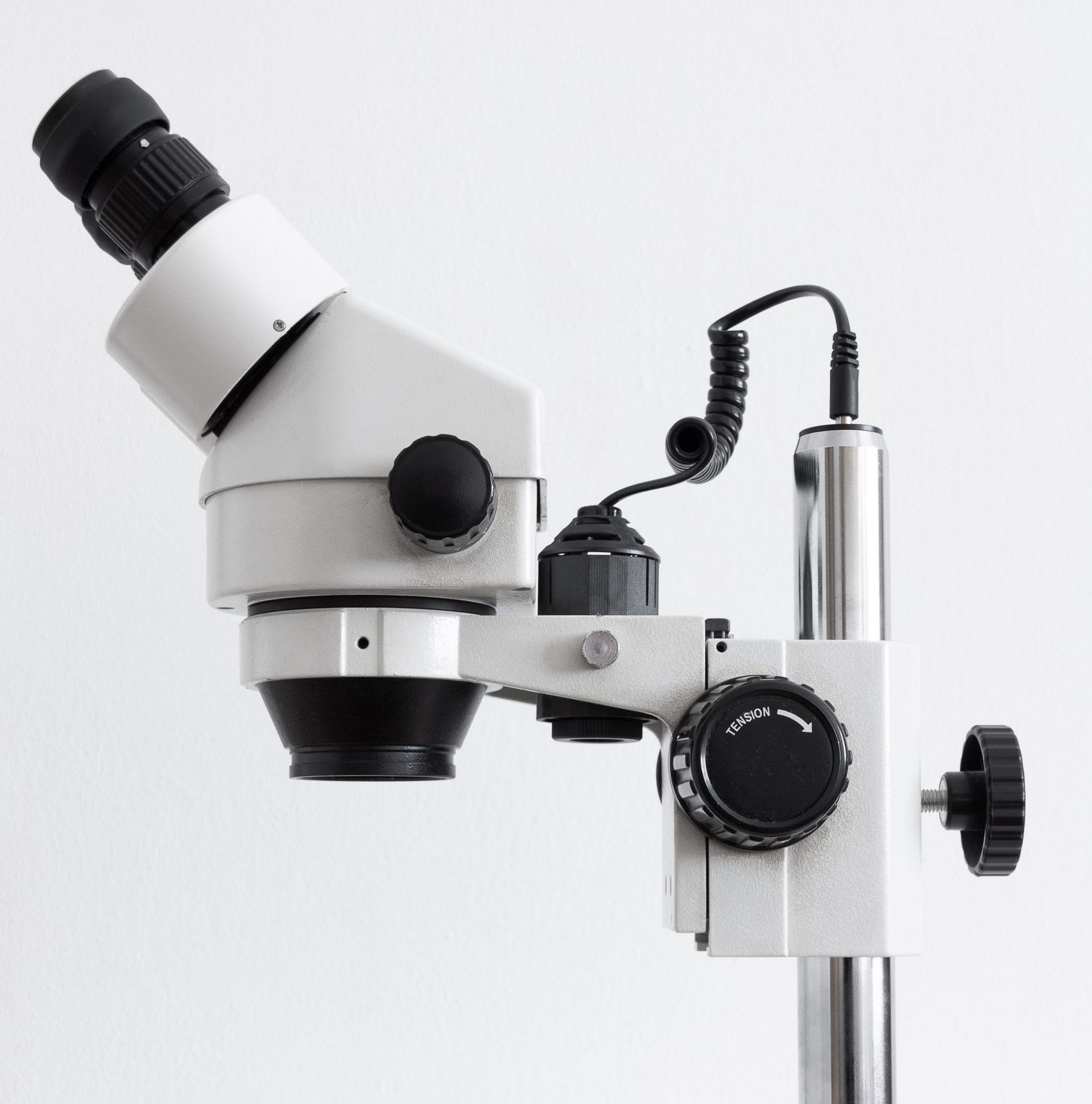
To understand the range of governmental priorities for the bioeconomy, we spoke with key agencies represented on the National Bioeconomy Board to collect their perspectives.
Congress should foster a more responsive and evidence-based ecosystem for GenAI-powered educational tools, ensuring that they are equitable, effective, and safe for all students.
Without independent research, we do not know if the AI systems that are being deployed today are safe or if they pose widespread risks that have yet to be discovered, including risks to U.S. national security.
Companies that store children’s voice recordings and use them for profit-driven applications without parental consent pose serious privacy threats to children and families.
What steps should the U.S. take to address China’s growing global share of legacy chip manufacturing?
As artificial intelligence evolves, so does the urgency for legislation to manage both the risks and opportunities associated with it.
Science holds the greatest benefit for society when its process is open, its methods are transparent, and its outputs are accessible. To achieve and sustain a scientific enterprise that is truly open, we need your help.
We’re looking for your big ideas to take U.S. global development practices to the next level – and to use innovation to improve lives around the world.

We engage with the public, academia, and the private sector to foster a broader understanding of AI and emerging technology policy issues.

We’re scoping ambitious ideas to help ARPA-I begin executing projects that improve transportation across the country.

The U.S. bioeconomy is growing rapidly, innovation is needed to sustain and maintain this growth. Shaping policy to consider workforce development, advanced agriculture, bioindustrial and biotech sectors will be imperative to keep the needle moving forward.

We aim to catalyze a more nimble science funding ecosystem, capable of keeping up with and facilitating new innovations to improve the lives of people around the world.




